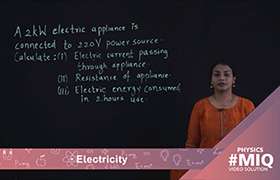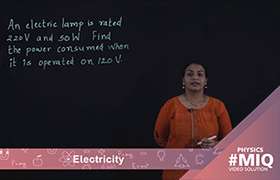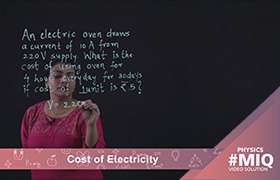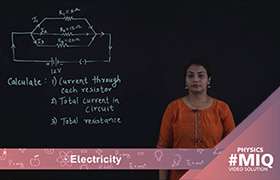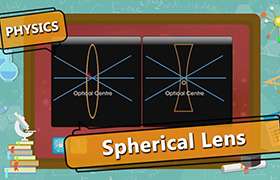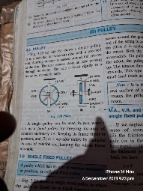ICSE Class 10 Answered
How to understand a difficult concept
Asked by Sunita | 07 Apr, 2018, 09:32: PM
Five Practical Neuroscience-Based Learning Tips
- Scan the headings, subheadings, and illustrations of the chapter first. Now take a moment to visualize the chapter and reflect on the broad purpose of the lesson ahead. As you do this, you’re putting your brain in a receptive learning mode and giving it a structure to “hang” new concepts on.
In neuroscience terms, you’re actually beginning to lay neural pathways in your brain.
- Next, focus your attention to create conceptual “chunks” of information. Let’s say your math chapter includes several sample problems with solutions shown. In this step, you zero in on those problems in order to understand why each solution works the way it does, and what procedure(s) the problems have in common. In the process, you’re creating chunks of knowledge that you can later retrieve and build on to solve other types of problems.
As Oakley explains, “You are making new neural patterns and connecting them with preexisting patterns that are spread through many areas of the brain.”
- Pause, recall, and reflect. After you’ve read a page or solved a problem, close the book and pause to recall the main underlying ideas. Don’t rush on to the next problem before you’ve given the concepts you’ve just learned time to sink in, and don’t confuse rereading with recalling. Oakley says that passively rereading without understanding the ideas is simply a waste of time.
This process of recalling and reflecting, in effect, etches those new neural patterns more deeply into your brain. It’s an actual physical process!
- Use simple analogies or comparisons to make concepts memorable. When you frame a concept you’ve learned as a simple analogy, you’re actually giving it a way to connect with other areas of the brain, other ideas. Go the extra step of writing that comparison out by hand and it becomes even more deeply encoded in the brain. In fact, writing by hand converts what you are learning into the “neural memory structure.” In other words, you’re making actual physical changes to your brain.
- Space your studies and your practice. Your brain is like a muscle that needs alternating periods of exercise and recovery to synthesize new information and ideas. With difficult subjects especially, you need to spread your studies out—studying some every day rather than cramming during a few marathon study sessions. When you cram, the knowledge may stick around long enough to pass today’s test, but it’s far less likely to be there when you need it to tackle tomorrow’s next tough topic........
Answered by Abhijeet Mishra | 15 Apr, 2018, 04:53: PM
Application Videos
Concept Videos
ICSE 10 - Physics
Asked by anubhutiupadhaya | 04 Mar, 2024, 01:04: PM
ICSE 10 - Physics
Asked by navycuber2738 | 29 Feb, 2024, 02:14: PM
ICSE 10 - Physics
Asked by vijayprabath7 | 28 Jan, 2024, 04:41: PM
ICSE 10 - Physics
Asked by foodonly742 | 02 Jan, 2024, 11:06: AM
ICSE 10 - Physics
Asked by krishnathakurt139 | 06 Dec, 2023, 09:23: PM
ICSE 10 - Physics
Asked by ayanpal713143 | 27 Nov, 2023, 09:32: PM
ICSE 10 - Physics
Asked by imunilu786 | 29 Oct, 2023, 02:35: PM
ICSE 10 - Physics
Asked by praggya.srivastava.g1972 | 13 Oct, 2023, 10:51: AM
ICSE 10 - Physics
Asked by praggya.srivastava.g1972 | 11 Sep, 2023, 08:48: PM
ICSE 10 - Physics
Asked by praggya.srivastava.g1972 | 10 Sep, 2023, 10:52: PM

